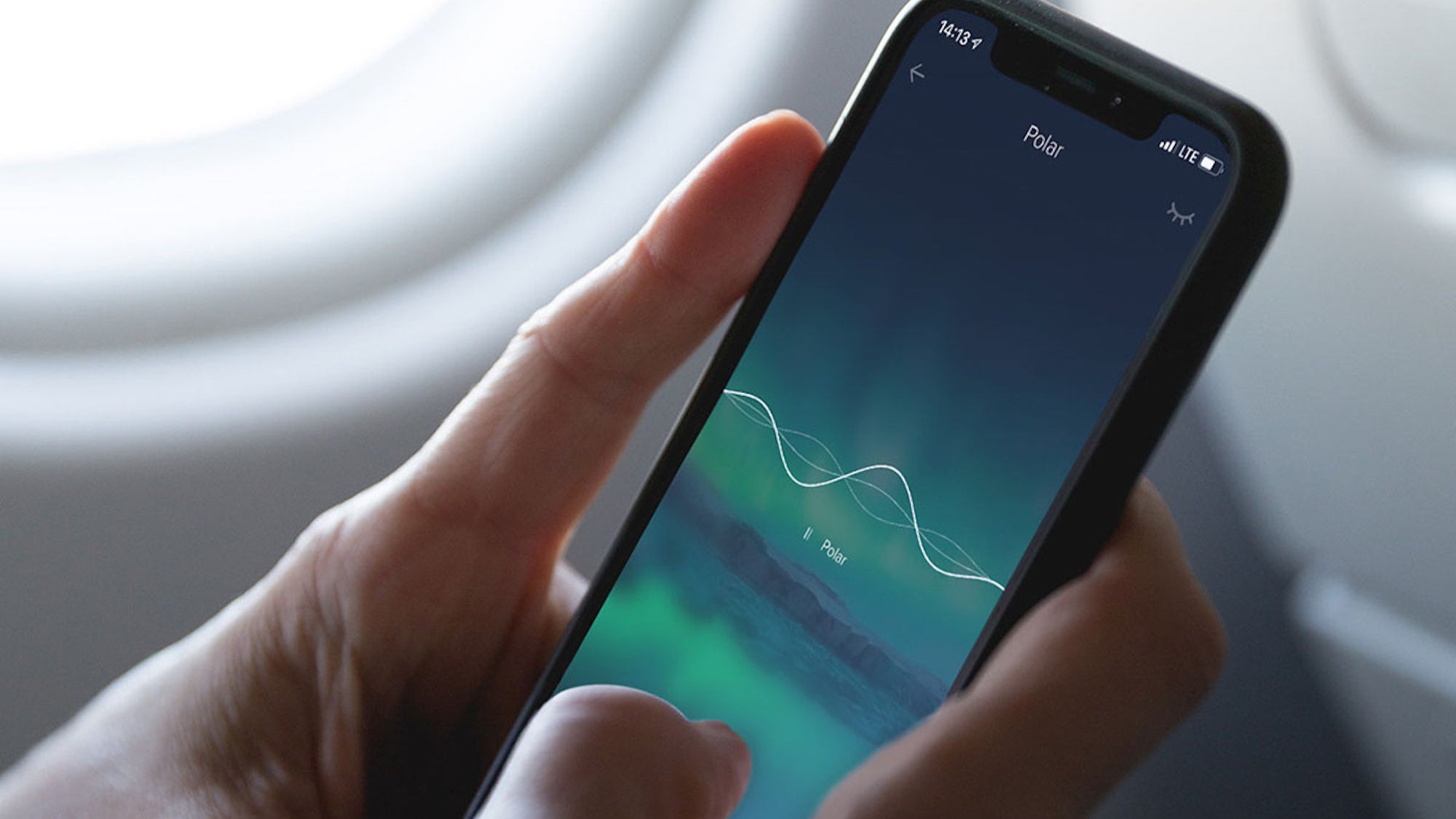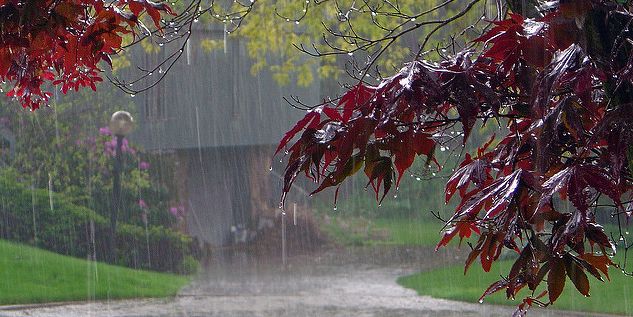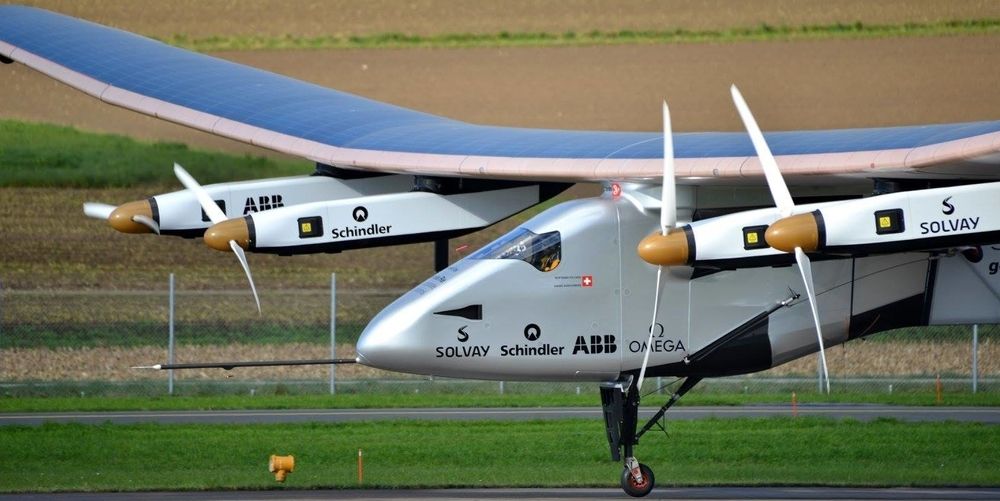From India to the World: Shaswat Kumar Earns Global Living Legend Title
In a landmark moment for Indian martial arts, Grandmaster Hanshi Shaswat Kumar was conferred the prestigious international title of “Global Living Karate Legend” on 11 February 2026. The honorary recognition was officially issued and recognised by Sabung Kenki, Indonesia, marking one of the highest global acknowledgments bestowed upon a living martial arts master. The distinguished honour celebrates his visionary leadership in establishing Senkoukai Karate, an independent and internationally expanding karate style rooted in Indian soil yet respected worldwide. The certificate, presented with the highest global martial arts recognition, acknowledges his lifelong dedication to promoting discipline, character, and excellence through martial arts across continents.A Rare Global RecognitionThe 2026 conferment elevates Shaswat Kumar into an elite league of martial arts figures whose contributions go beyond competition medals. The title was formally presented under the authority of Sabung Kenki’s global leadership, led by Brahma Guru Henri Hendarto, founder of the organisation. Such recognitions are rarely granted and are reserved for masters whose influence has shaped the international martial arts landscape. For India, this moment carries immense symbolic value. While the nation has produced several accomplished martial artists, being recognised as a “Global Living Karate Legend” places Shaswat Kumar among the most respected living figures in the discipline worldwide.Image Source : Shaswat KumarThe Architect of Senkoukai KarateAt the heart of this honour lies his creation and expansion of Senkoukai Karate. Unlike mainstream WKF sport karate formats that emphasize point-based competition, Senkoukai focuses on full-contact application, practical self-defence, and deep-rooted traditional discipline. It blends Japanese martial philosophy with modern combat relevance, creating a dynamic system that resonates globally. Under his leadership, Senkoukai Karate has expanded into multiple countries, building an international community of practitioners. Today, it stands proudly as an Indian-origin karate style with growing global credibility. His role as International Chief Instructor of the World Senkoukai Karate Federation has further strengthened this expansion, ensuring that the style maintains technical authenticity while adapting to global standards.A Career Built on ExcellenceThe 2026 title adds to an already remarkable journey. Shaswat Kumar is a five-time consecutive National Karate Champion and an international gold medallist. Earlier, he was honoured as the “Pioneer & Most Successful Martial Artist from India & Legend of Indian Karate” by Miroslav Charlie Pavlovi, Founder of Empi-Kai Martial Arts Association. However, what distinguishes his latest recognition is its global lifetime stature. It celebrates not just competitive victories but decades of contribution—teaching, mentoring, system-building, and elevating India’s presence in the global karate ecosystem. For Shaswat Kumar, karate has always been more than a sport. It is philosophy, discipline, and nation-building. His teachings emphasize mental strength, ethical conduct, and self-mastery. Thousands of students across India and abroad consider him not only a coach but also a life mentor.India on the Global Martial Arts MapThe “Global Living Karate Legend” title represents more than personal recognition. It signifies India’s growing footprint in international martial arts leadership. Historically, karate styles and global federations were dominated by Japan, Europe, and parts of Southeast Asia. With Senkoukai Karate gaining worldwide respect, India now holds an independent voice in shaping the future of the discipline. This 2026 achievement cements Grandmaster Hanshi Shaswat Kumar’s place as a transformative force—a martial artist who not only mastered techniques but also built institutions and inspired generations.

 (1).jpeg)
.jpg)

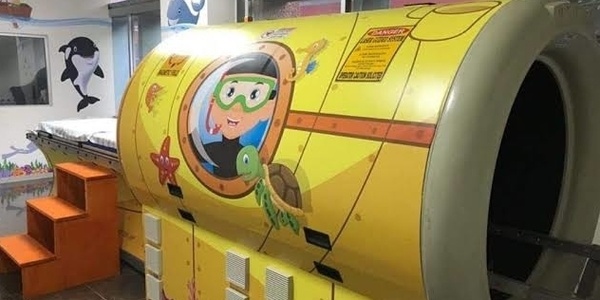

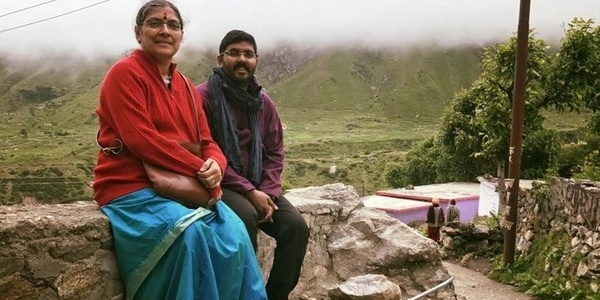



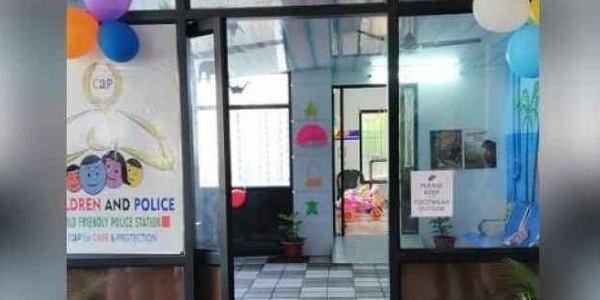
.jpg)
.jpg)
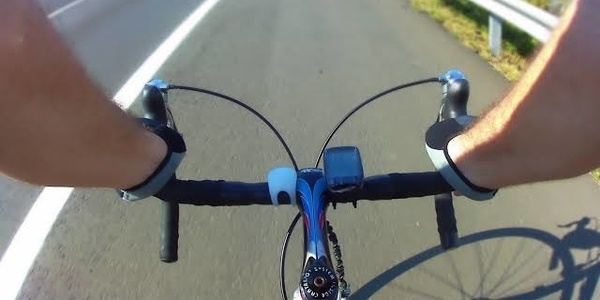


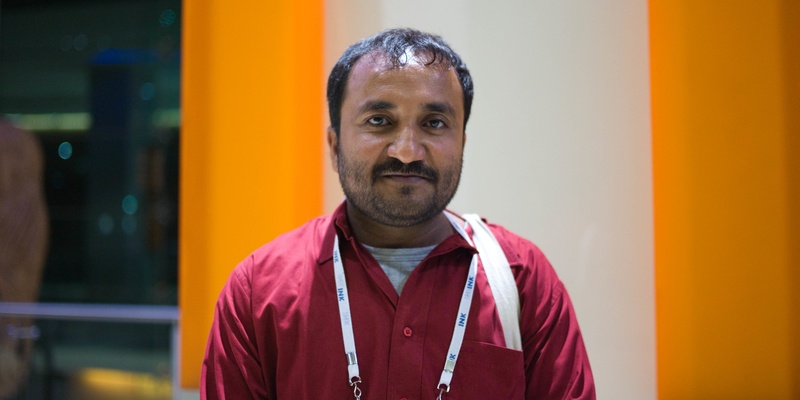

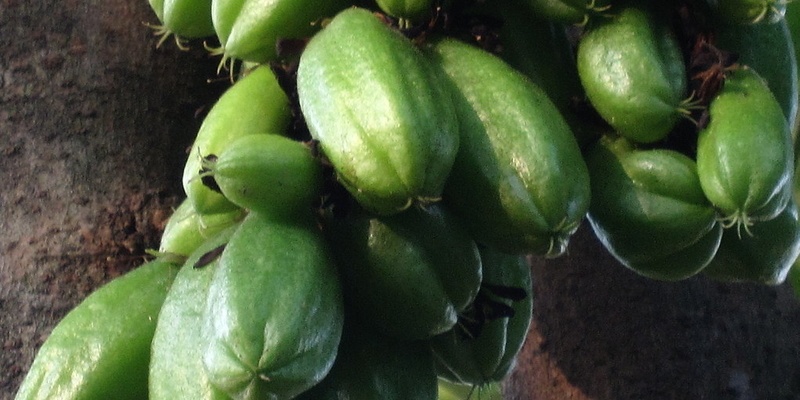
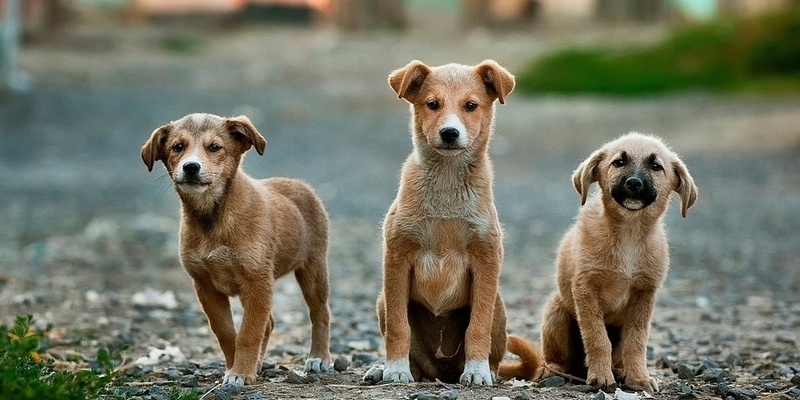

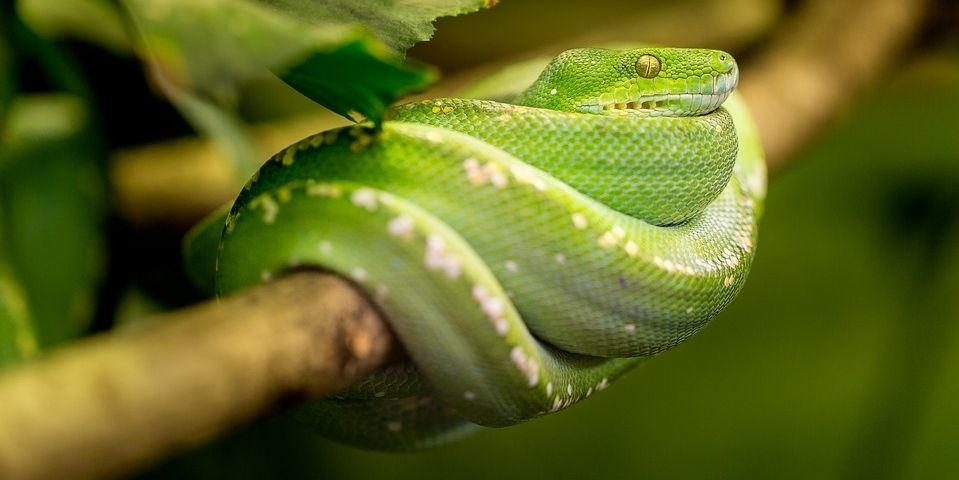
.jpeg)
.png)
.jpg)
